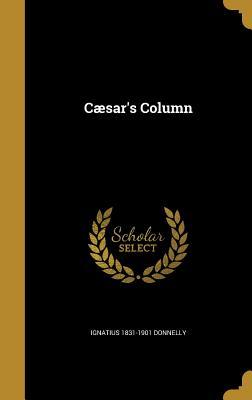What do you think?
Rate this book


352 pages, Hardcover
First published January 1, 1891
The world does not have a classless society. There are the ragged and the wretched, as well as the opulent oligarchical class. Slavery still exists in the wealthy class. The justice system is merely a tool for the rich. Newspapers are the hired mouthpieces of the powerful. These differences move much of the action in the story, as the two classes struggle in an apocalyptical battle. There are also two sappy love stories running concurrently with the class warfare.
Though much of the novel describes a dystopian society, we also see a utopian society in the end. The author describes a world that has a paper based currency, universal suffrage and education, a free cow for anyone who is poor, abolished compound interest, term limits for elected leaders, and strict limits on accumulated wealth. The ultimate goal is happiness rather that material success. Donnelly very wittily describes it as a world that even the conservatives of the day embrace, especially when offered the alternative.